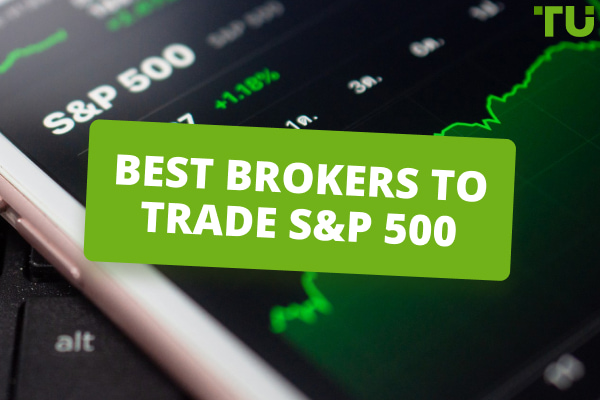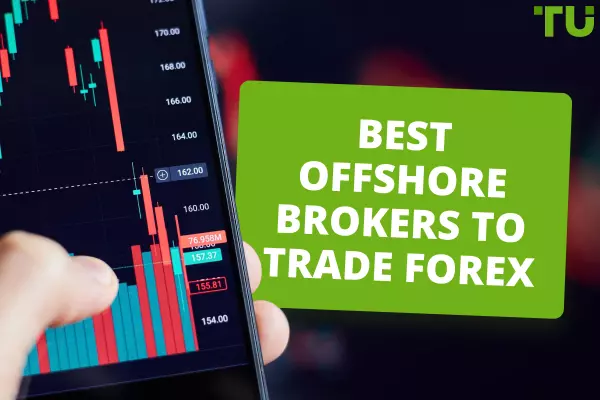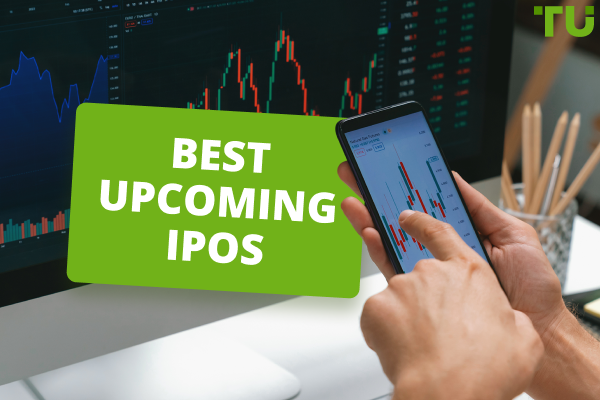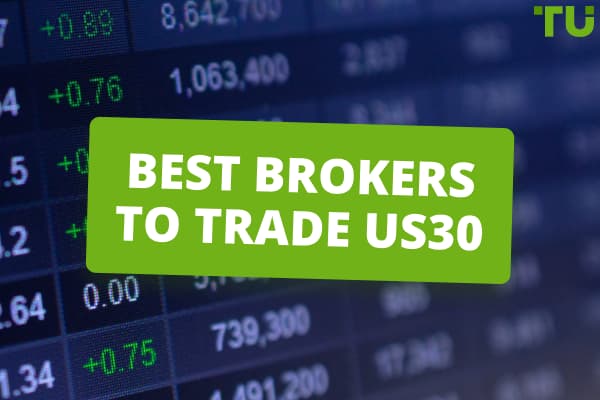Can You Get Scammed In Forex?
The foreign exchange market is one of the world's most exciting – and volatile – markets in the world. With high volatility, this market is naturally prone to a high amount of risk. And while some risks can be diversified away, one always remains: the risk of getting scammed/cheated. In this article, the experts at TU have elaborately outlined some of the most common ways traders get scammed and how can you avoid being one of those traders.
Is Forex a scam?
Any trading strategy intended to deceive traders into believing they can profit abnormally in the foreign exchange market is known as a forex scam. These scams often misrepresent information or provide false or misleading advice. As a result, several traders have lost money to these scams. In this review, TU experts have prepared a checklist that you can refer to before choosing a forex intermediary. Additionally, they have also provided you with some tips on how to protect yourself from the most common forex scams.
Is Forex a scam itself?
Forex is the foreign exchange market where international currencies are traded. It is the largest and most liquid financial market in the world with an average daily trading volume of over $5 trillion. This market is crucial for the global economy as it allows countries to trade with each other and provides a way for investors to speculate on the future movements of currency prices. As a result, a country's economy can be significantly affected by its currency's value. For example, a country that exports more than it imports will tend to see its currency appreciate, while a country that imports more than it exports will see its currency depreciate.
Although Forex is not a scam, many scams are associated with forex trading. These scams often involve promising investors huge returns with little or no risk. Unfortunately, many people have been duped by these scams and have lost a lot of money. For example FairForex broker has become a scammer. This company has ceased to fulfill its obligations to customers and partners, and has stopped making payouts.
Can I get scammed in Forex?
There are a few ways that you can get scammed in Forex. According to experts, the most common way people get scammed in the Forex market is by investing in a company that is not regulated by the proper authorities. So, it is important to ensure that you are investing with a company that is regulated by the proper authorities before investing your money.
There are also a few Forex signal providers who may not be legitimate. They can pose as experts and charge fees for their premium packages on the basis of a manipulated track record. Finally, some automated Forex trading systems can also scam you by not being as effective as they are portrayed in their marketing materials.
Main types of Forex scams
There are many ways you can get scammed in Forex. Some common scams include:
1. Ponzi schemes
Ponzi schemes in Forex can occur when immoral brokers promise high returns to the investors for trading in foreign currency. They may use high-pressure sales tactics to convince investors to invest large sums of money and then, instead of using the investors' money to trade currencies, the broker may simply use it to pay returns to earlier investors, giving the appearance of a successful and profitable investment. Eventually, the scheme collapses when the broker cannot pay returns to investors from new money coming in, and investors stand to lose their entire investment.
2. High-yield investment programs
High-yield investment programs (HYIPs) are scams that promise investors high returns for little to no risk. These programs typically involve investing in foreign exchange (Forex) or other speculative investments. Many HYIPs are an extended branch of Ponzi schemes, meaning they use new investor funds to pay older investors.
3. Forex robots
The term Forex Robot stands for an automated program that generates and executes trades based on some coded program. A common scam with their use is to promise huge returns without risk. This is often done through aggressive marketing campaigns and promises of easy money. However, research shows that forex robots are not well-tested and cannot consistently generate large profits, rather they can often result in substantial losses.
4. Signal sellers
Signal sellers can scam you in many ways, including charging you for signals that never materialize, providing false or misleading information that leads you to make bad trades, or simply taking your money and ghosting you. So be very careful when dealing with signal sellers, and always research the entity before investing any money.
5. Forex courses
There are a few ways that someone can get scammed by forex courses. The first way is if the course is not teaching you how to trade Forex but instead teaching you how to gamble or speculate in the market. This can lead to you losing a lot of money very quickly.
Another way you can get scammed by forex courses is if the course is not actually accredited. This means that it is not recognized by the proper authorities and may not teach you everything you need about forex trading.
6. Managed accounts
Managed accounts in Forex can be scams because the manager may not have the investor's best interests in mind. They may trade the account recklessly to make more money for themselves, which can lead to losses for the investor.
7. Promises of easy or guaranteed profits
Some scammers will promise easy or guaranteed profits in exchange for an investment. Unfortunately, these claims are often false, and investors end up losing all of their money.
8. Unlicensed or unregistered firms
Some firms may claim to be registered with the Commodity Futures Trading Commission (CFTC) or other regulatory bodies but are not. As a result, these firms may not be subject to the same rules and regulations as registered firms and may be more likely to scam investors.
How to avoid Forex scams companies?
1. Work with regulated brokers
Working with regulated brokers in Forex trading is essential because they must meet specific standards set by the regulatory body, which helps to ensure that they are operating ethically and providing a fair and transparent service to their clients. This adds a layer of protection for forex traders, as they can be confident that their broker is not engaging in shady practices.
2. Avoid high-risk brokers
Experts identify two key reasons for avoiding high-risk brokers when trading Forex. First, these brokers are often associated with scams and other unethical behavior. They can take higher-than-justified risk and end up losing their clients’ entire capital. Second, they offer very high leverage levels. This can be extremely dangerous for inexperienced traders, leading to them losing all of their capital very quickly.
3. Watch out for false promises
It is essential to be wary of false promises given by brokers in Forex trading, as these can lead to unrealistic expectations and, ultimately, losses. Some brokers may guarantee high returns or offer special bonuses, but these should be viewed cautiously. It is always important to research and understand the risks involved in Forex trading before making any decisions.
4. Don't choose a broker that offers automatic trades
There are a few reasons why you might not want to choose a broker that offers automatic trades in Forex trading. First, if you're new to Forex trading, you'll want to learn how to trade manually to better understand the market. Second, automatic trades can be tricky to manage and monitor, so you might lose money if you're not careful. Finally, some brokers charge extra for automatic trades, so you'll need to factor that into your decision.
5. Verify that the broker's website is secure
Online security is important in any type of trading, but it is especially important in Forex trading because of the large amounts of money involved. A secure broker's website will have features like encryption (SSL Certificate) to protect your personal and financial information and a secure login process.
Regulated Forex brokers

FAQs
Which regulatory bodies govern forex brokers?
There are a number of regulatory bodies that govern forex brokers. The most important of these are IFSC, CFTC, CySec, etc. There are also bodies such as FCA in the UK.
What should I do if I have been scammed in Forex?
If you have been scammed in Forex, you should report it to the relevant authorities and seek legal advice.
What is an SSL certificate?
SSL certificates are used to create secure connections between a web server and a web browser. When an SSL certificate is installed on a web server, it creates an encrypted link between the server and the browser, which helps to protect the information that is exchanged between the two.
What is leverage in Forex?
Leverage is the ratio of the amount you borrowed on margin to the margin required to open the trade. For example, if you opened a $1,000 trade on a margin with leverage of 100:1, you would only need $10 in your account to open the trade.
Team that worked on the article
Chinmay Soni is a financial analyst with more than 5 years of experience in working with stocks, Forex, derivatives, and other assets. As a founder of a boutique research firm and an active researcher, he covers various industries and fields, providing insights backed by statistical data. He is also an educator in the field of finance and technology.
As an author for Traders Union, he contributes his deep analytical insights on various topics, taking into account various aspects.
Olga Shendetskaya has been a part of the Traders Union team as an author, editor and proofreader since 2017. Since 2020, Shendetskaya has been the assistant chief editor of the website of Traders Union, an international association of traders. She has over 10 years of experience of working with economic and financial texts. In the period of 2017-2020, Olga has worked as a journalist and editor of laftNews news agency, economic and financial news sections. At the moment, Olga is a part of the team of top industry experts involved in creation of educational articles in finance and investment, overseeing their writing and publication on the Traders Union website.
Olga has extensive experience in writing and editing articles about the specifics of working in the Forex market, cryptocurrency market, stock exchanges and also in the segment of financial investment in general. This level of expertise allows Olga to create unique and comprehensive articles, describing complex investment mechanisms in a simple and accessible way for traders of any level.
Olga’s motto: Do well and you’ll be well!









